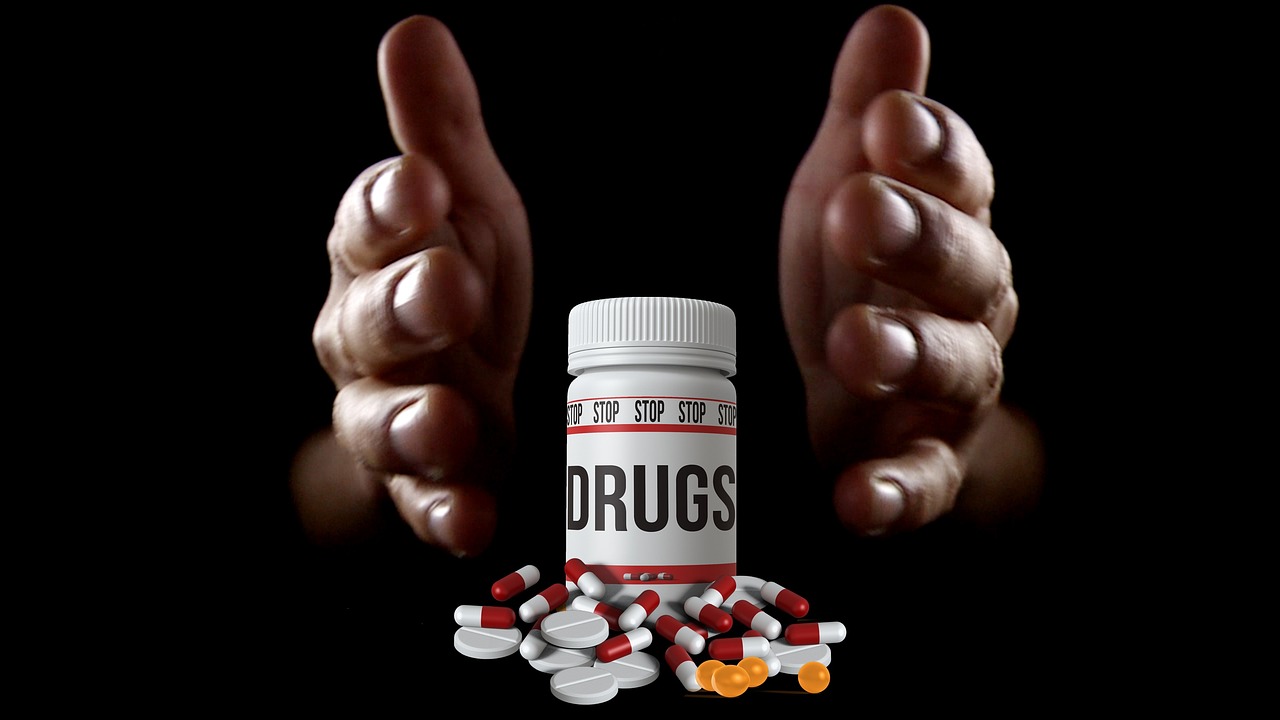
When it comes to drug or alcohol use, the line between casual or social consumption and addiction can be difficult to recognize. Maybe you’re wondering if your drinking has gone too far, or perhaps you’re questioning whether your drug use is starting to take control of your life. Whatever the case, the fact that you’re asking yourself these questions is important. But how can you tell if you’ve crossed that line, and when is the time to consider seeking treatment? These questions will be answered in this blog.
Many people find it hard to admit when substance use becomes a problem, but being aware of the signs can make a huge difference. Seeking treatment for drug and alcohol abuse is a courageous and essential decision. Knowing when to take this step can be life-changing, as it will help you reclaim control and start the journey to recovery.
Table of Contents
What is Addiction?
Addiction is your inability to stop using these substances even when you know how they negatively impact your life. Have you noticed changes in your behavior, health, or relationships? These changes can often be subtle at first, but they can become overwhelming over time. Addiction makes you physically and mentally dependent on a substance, and you feel a compulsive need to keep using it, even when it’s causing harm.
If you’ve ever told yourself, “I can stop anytime I want,” but found it increasingly hard to do so, this is a red flag. Despite your best efforts, the inability to quit or cut back often indicates that professional help may be necessary.
Physical and Emotional Signs You May Need Help
One of the clearest signs that you may need treatment is if your body has become dependent on the substance. You may notice physical withdrawal symptoms when you try to stop. Withdrawal symptoms are your body’s way of telling you that it has become dependent on the drug or alcohol and quitting on your own may be difficult, even dangerous, in some cases.
Aside from physical symptoms, your emotional health also plays a major role in recognizing addiction. Is there a constant cloud of guilt, shame, or regret hovering over you after using drugs or drinking? These emotional signs are just as significant as the physical ones. If you’re feeling out of control or trapped, it’s a sign that your substance use is no longer a choice but a compulsion.
The Feeling of Losing Control
Another significant factor to consider is whether you feel in control of your substance use. Can you go a day, a week, or a month without using drugs or drinking? Or do you find yourself constantly thinking about your next drink or hit? If you’ve tried to cut back but always seem to fall back into old habits, it’s a strong sign that professional support is needed.
Addiction can create a feeling of powerlessness as if no matter how hard you try, you just can’t seem to break free. This sense of losing control is not uncommon, but it’s something that you don’t have to face alone.
Are You Using Substances to Cope?
Addiction affects the people around you: your family, friends, colleagues, and anyone who cares about you. Have you noticed people distancing themselves from you, or do you find yourself getting into more arguments with loved ones? Maybe your work or school performance is slipping, or you’re avoiding social events because they don’t involve alcohol or drugs. Substance use that damages relationships or interferes with daily responsibilities is a strong indicator that it’s time to seek help.
If you find yourself turning to drugs or alcohol to cope with these difficulties, it’s a sign that your substance use may be more than just occasional. Using substances as a way to escape from problems or to numb emotional pain is often a sign of deeper issues that need attention. Rather than dealing with stress or emotional pain head-on, substances can provide temporary relief.
Final Thoughts
If you’re reading this and recognizing some of the signs in yourself, it’s important to remember that you deserve better. Addiction can make you feel like you’re stuck in a cycle with no way out. But there is a way out, and it starts with asking for help. Addiction doesn’t define who you are.
You’re dealing with it, and with the right support, you can overcome it. Don’t wait until things get worse. The sooner you seek help, the sooner you can start on the path to recovery. You may be wondering what to do next. The first step is often the hardest, but it’s also the most important. Start by reaching out to someone you trust. This could be a friend, family member, or healthcare professional.


